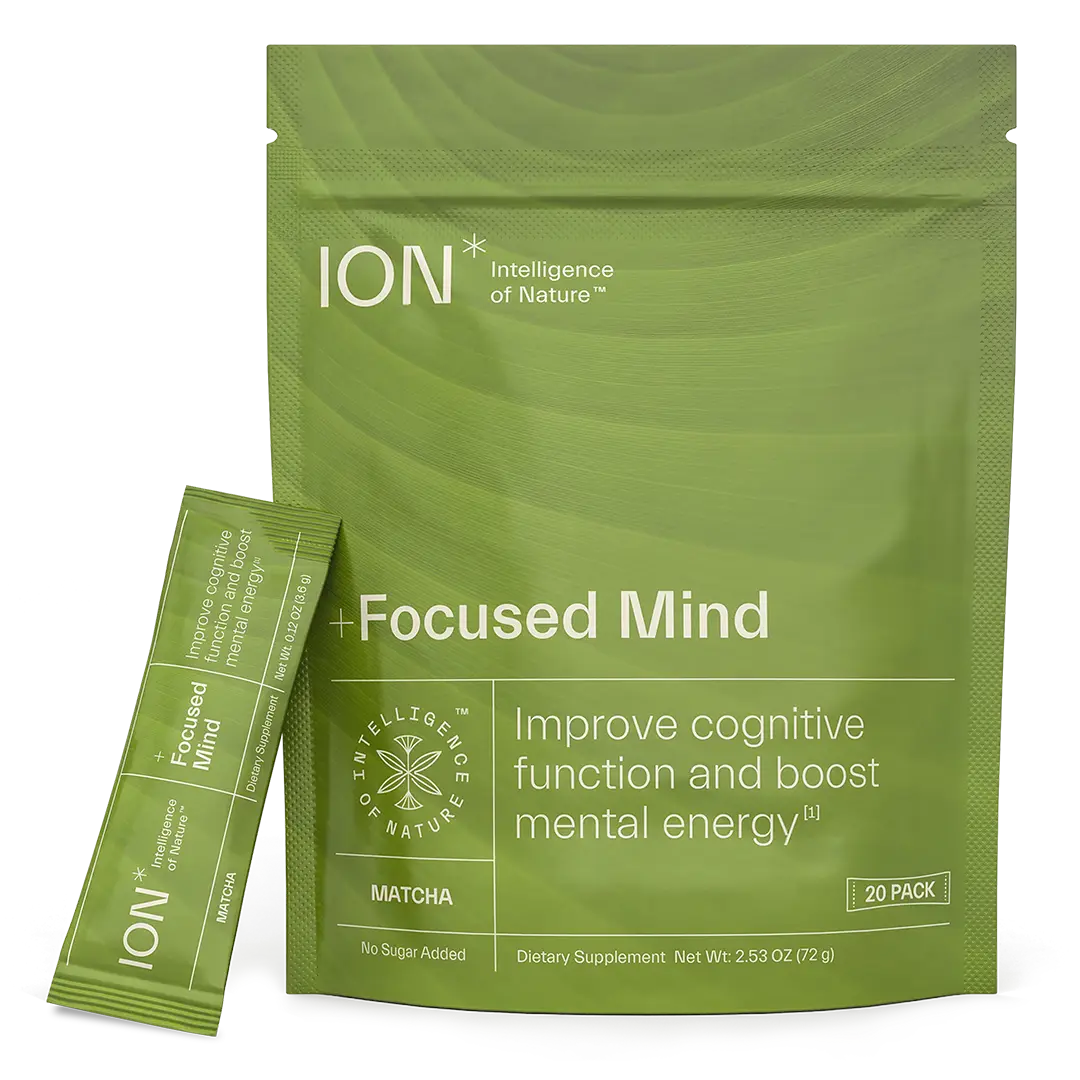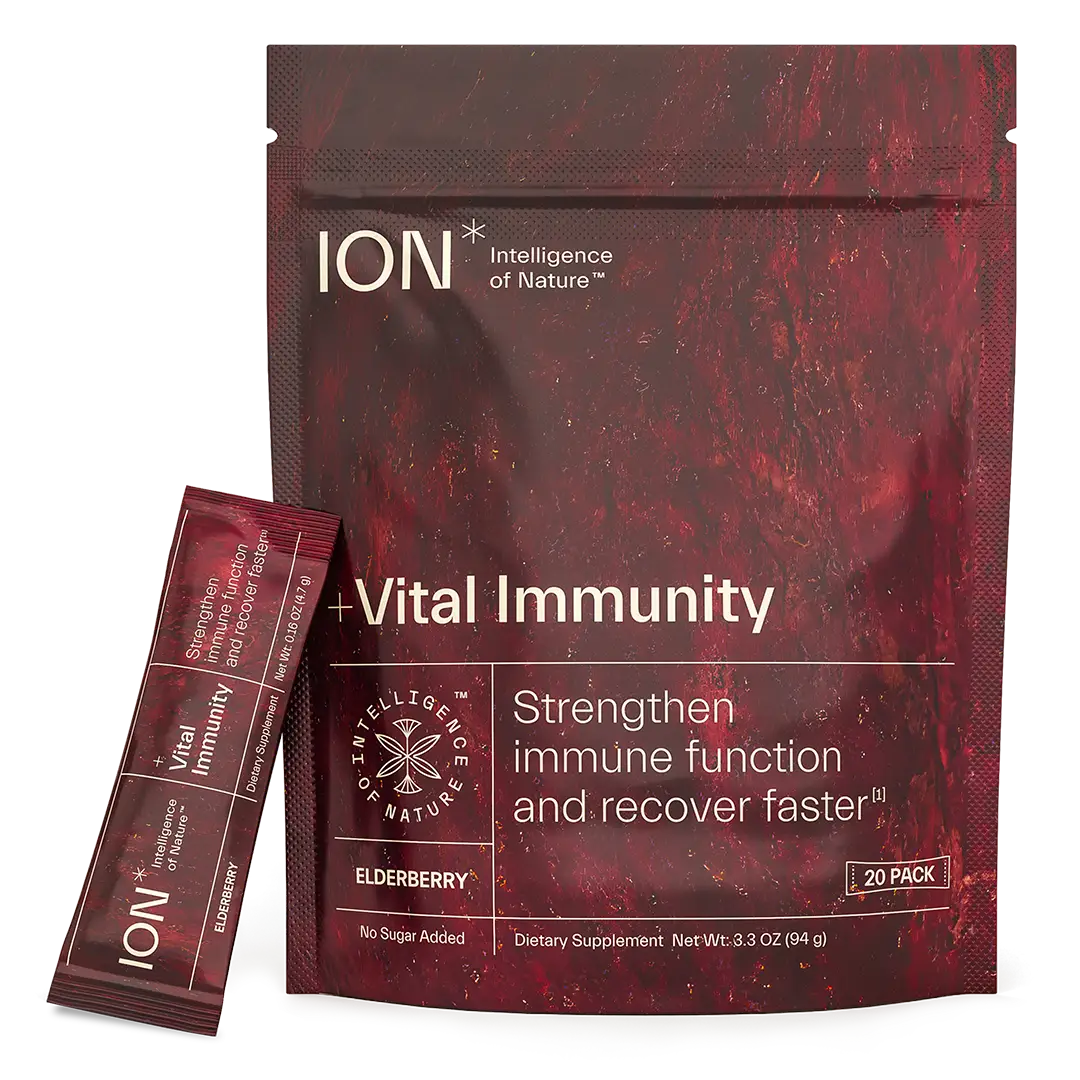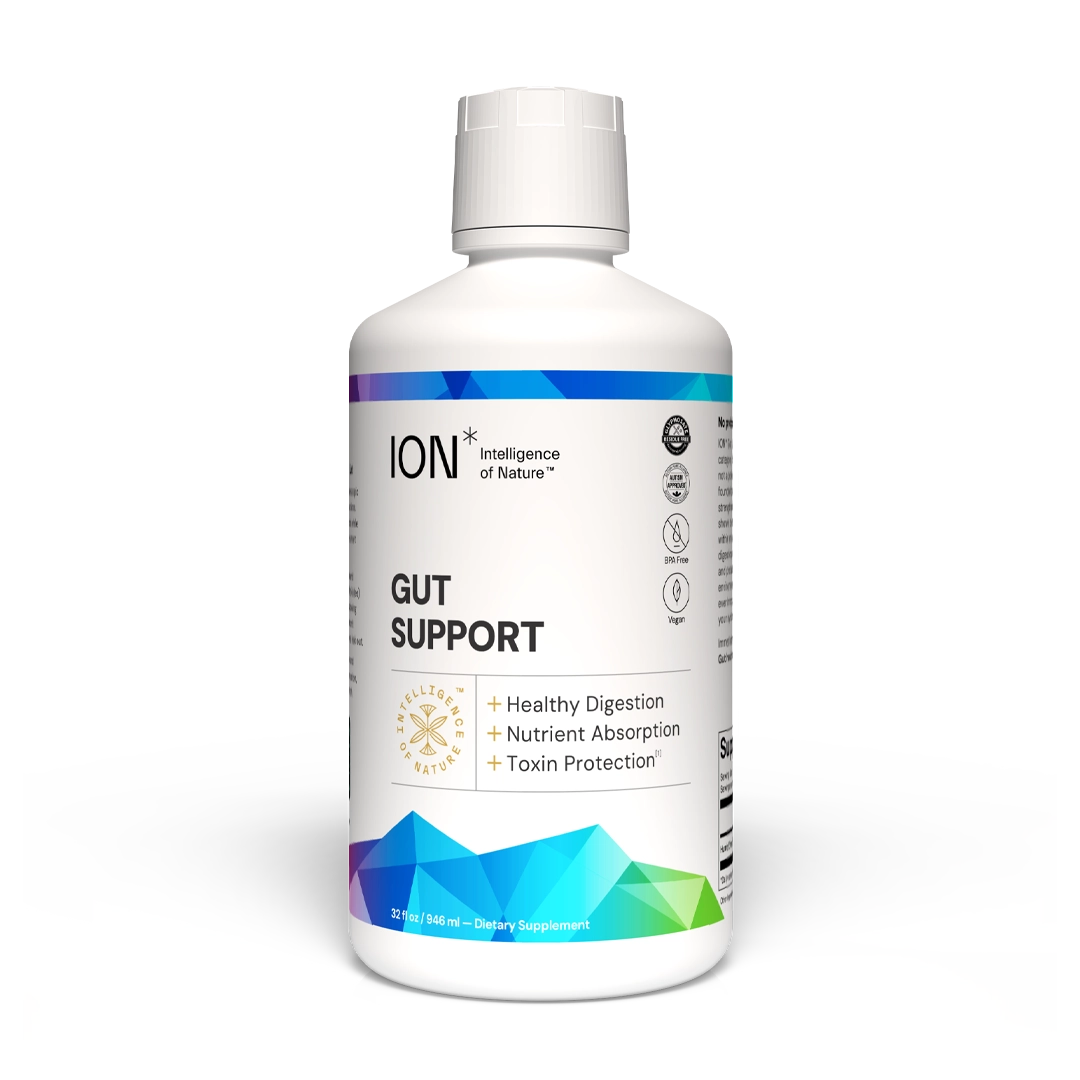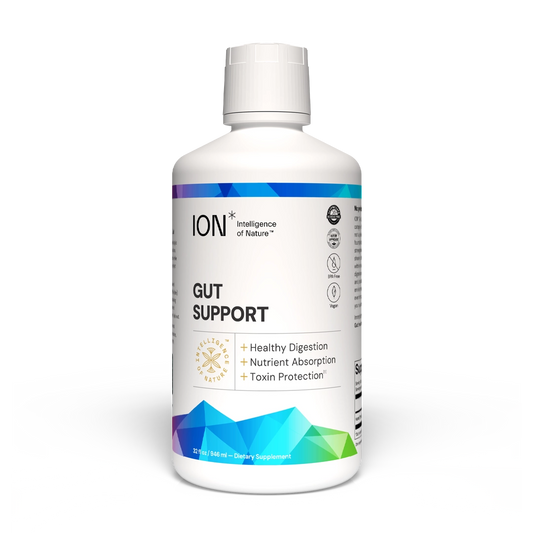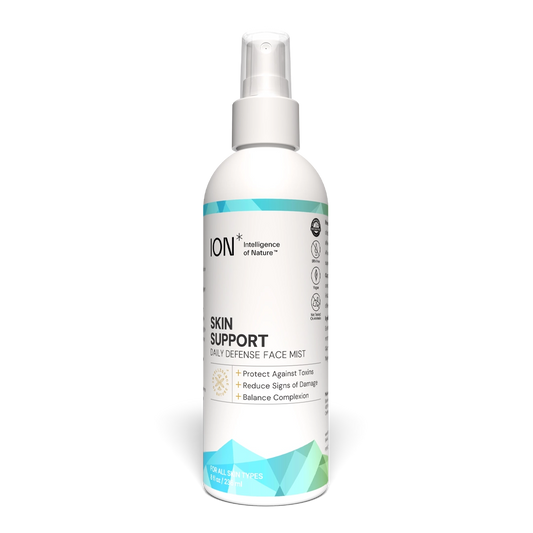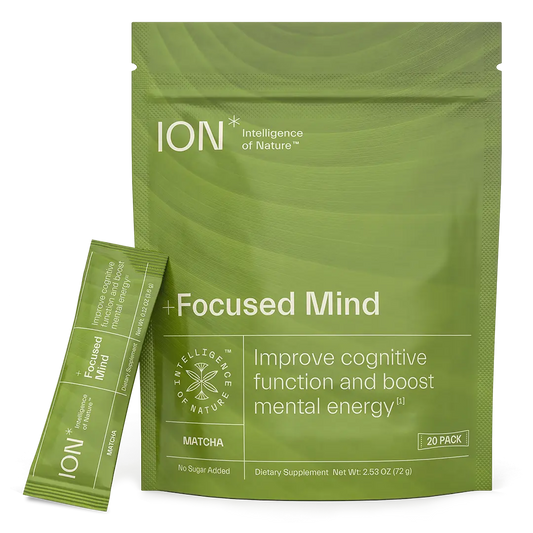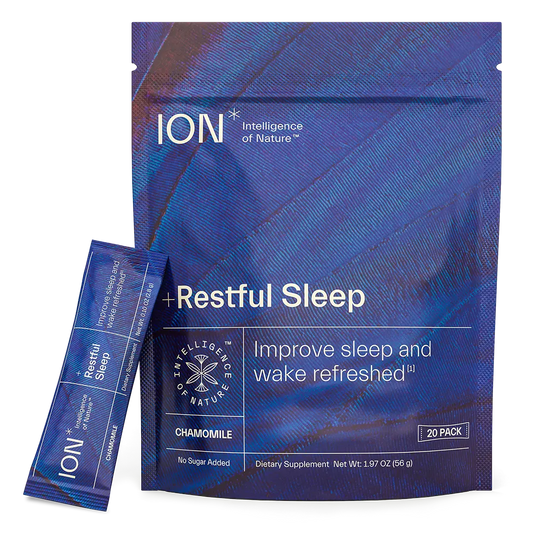
Let's talk about your gut’s microbiome–what it is, how it works, why it’s important and how you can help take care of it.
The What
What is a microbiome, anyway?
An easy way to think about the microbiome is to first consider a “macrobiome.”
Picture a flourishing rainforest or thriving tundra where different lifeforms coexist in a unique habitat. Those would be considered “macrobiomes.” A microbiome is much like this, just… micro. As in microscopic. The reason rainforests, tundras and even “bustling cities” are often used as analogies for your microbiome is because they are all places where diverse flora and fauna live together and create a balanced, thriving environment–which is precisely what your microbiome should be. Diverse. Balanced. Thriving.
This invisible ecosystem inside of you is made of trillions of different microorganisms: bacteria, fungi, and parasites. These microorganisms can be referred to as microbiota or microbes. The largest numbers of these microbes are found in your gut, in a “pocket” of your large intestine called the cecum. This is what we typically refer to as the “gut microbiome” and the resident microorganisms there play an important role in our gut health and, therefore, our overall health.
Over millions of years, our bodies have evolved with these microbes, and during that time they have learned to play important roles in the human body’s health and wellness.
Just like DNA or a fingerprint, your microbiome is unique to you. But unlike a fingerprint, your microbiome is dynamic. That means it can (and does) shift and change.
Your microbiome begins forming when you’re born and through infancy (as you’re exposed to your mother’s own unique biome) and is diversified throughout your life through environmental factors and diet. (And just like with any “biome”, diversity is a good thing and important to your health!)
The How
So how does your gut microbiome work?
Picture a nightclub with a bouncer at the door. Your gut is that bouncer and the nightclub is the rest of your body.When we think about the words “germs” and “bacteria”, they often conjure up ideas of things that cause us harm or make us sick. But inside of you is a whole host of “helpful germs” and “good bacteria” that actually help with daily functions like digestion and work throughout your body to aid your physical and mental health.
How? Well, your gut microbiome–“the bouncer”–does two, equally important things: invites the good stuff in and keeps the bad stuff out. And “good stuff” here can refer to vitamins and nutrients while the “bad stuff” can refer to foreign particles and environmental toxins.
Of course, your gut microbiome is not a single “bouncer”. There are trillions of microorganisms–including all the “good” germs–doing tons of important jobs, all aimed at the continuing care of you. And there’s a whole host of good that happens in your gut.
Energy and metabolism?
Gut microbiome.
Immune function?
A whole lot of it is thanks to your gut microbiome.
Creation of key vitamins?
Surprisingly, gut microbiome! (Fun fact: the enzymes necessary to form Vitamin B 12 can only be found in bacteria, not animals or plants.)
Mental clarity and regulating mood?
Yep! The gut microbiome.
The Why
So the gut microbiome has a lot of jobs, but why are they important?
A healthy gut is essential to a healthy body. And since your microbiome is found almost entirely in your gut, you can understand why its function is so important.
The Gut Microbiome and Gut Health
Studies have shown that patients with IBS (irritable bowel syndrome) have less diverse and overall fewer gut bacteria.
The Gut Microbiome and Chronic Conditions
Conditions like eczema, asthma and food allergies have been studied regarding what researchers call the “hygiene hypothesis”. That is, the lack of early exposure to microbial antigens could potentially alter the microbiome of an infant's gut, resulting in disrupted immune development and, ultimately, these conditions.
The Gut Microbiome and The Brain
There are several important gut-brain connections that can be affected by your microbiome. The balance of bacteria has been shown to affect the way your body processes sensory information. Certain species of gut bacteria can help produce neurotransmitters. Serotonin, for example, is an antidepressant neurotransmitter largely created in the gut.
The Gut Microbiome and Diabetes
The gut microbiome may help control blood sugar, affecting the overall risk of type 1 and 2 diabetes. One study found that despite eating the exact same foods, blood sugar could vary greatly between people, which could mean different bacteria in the gut microbiome could be affecting how our bodies process sugar.
Another recent study examined 33 infants who had a genetically high risk of developing type 1 diabetes. The study found that the diversity of the gut microbiome suddenly decreased while the number of unhealthy bacterial species increased just before the onset of type 1 diabetes.
The Gut Microbiome and Weight Gain
An imbalance of good and bad microbes may contribute to weight gain in a variety of ways, including “crossed signals” from your brain regarding the feelings of “hungry” and “satisfied”.
An interesting study conducted between identical twins–one obese and one a healthy weight–showed us that the gut microbiomes of the twins were entirely different. Furthermore, mice given a sample of the obese twin’s microbiome gained more weight than those that had received the microbiome of the lean twin, even though both groups were fed the exact same diet.
The Gut Microbiome and Heart Health
Research suggests certain gut bacteria in the microbiome produce a chemical that contributes to blocked arteries, which can lead to heart attacks or stroke.
On a positive note, a recent study found that a healthy gut microbiome can help promote “good” HDL cholesterol and triglycerides.

Support microbiome health at its foundation - the gut lining.
The Help
The key question: how can you help support your unique gut microbiome?
There are several things you can do to support your own healthy gut microbiome. Of course our diet can have a large impact on gut health and thankfully, the consensus of a lot of advice is to eat more of the right kinds of foods.
Eat more: fiber (beans and legumes!), fermented foods (kimchi, sauerkraut!), prebiotic foods (bananas, oats, apples), whole grains, plants (try a vegetarian diet), and polyphenols (plant compounds found in green tea, dark chocolate, and olive oil).
But one of the most important things you can do for the health of your gut microbiome is support your gut lining’s function, naturally.
Ironically enough, scientific research has shown us time and time again that Mother Nature had it right when she designed the intelligent systems that keep our body’s working and balanced, including the complex ecosystems that are our gut microbiomes. That’s why nature is the blueprint, inspiration and guiding light for how ION* uses science to bolster the intrinsic systems crucial to our health and wellbeing.
ION* Gut Support goes far beyond probiotics and other supplements to naturally support your gut microbiome health and all the critical systems connected to it. ION* Gut Support works at the cellular level to strengthen tight junctions in the gut lining (where your microbiome lives) to improve gut health and its overall function. Supporting your gut at this foundational level means your unique microbiome can flourish, letting your immune system thrive, mental clarity shine and your body’s daily integral functions stay in top working order.
